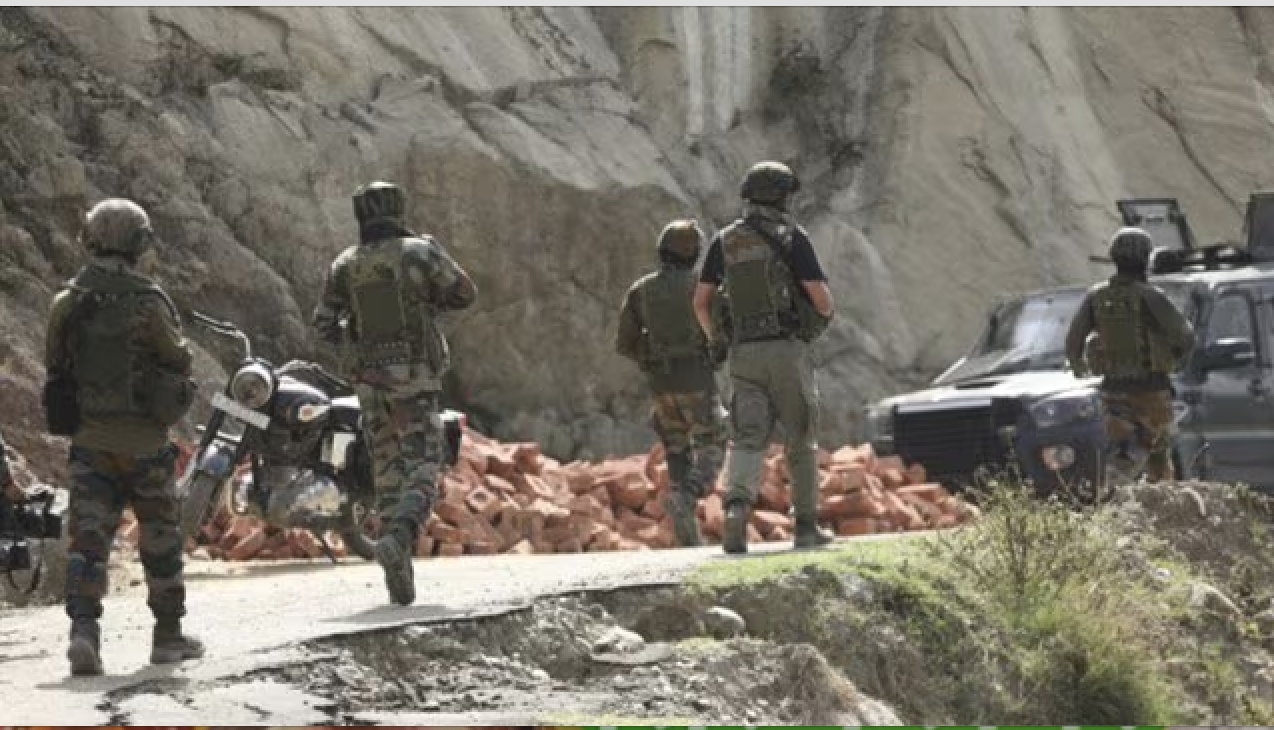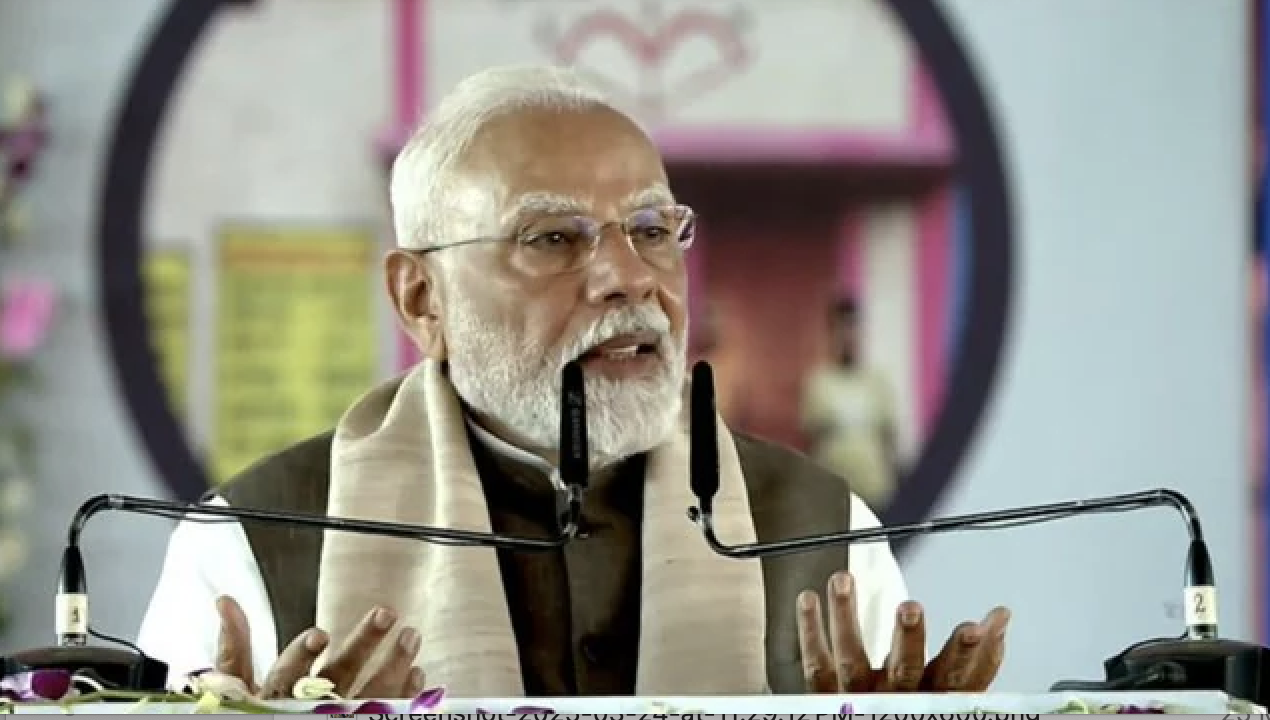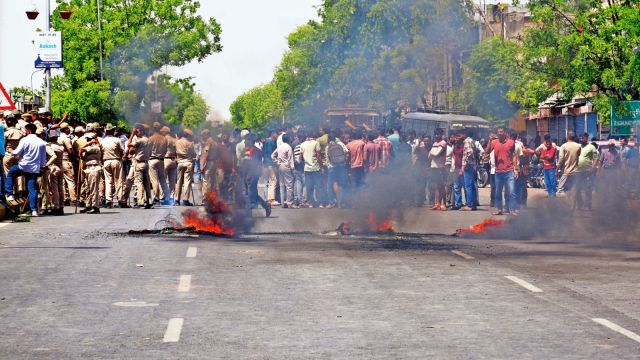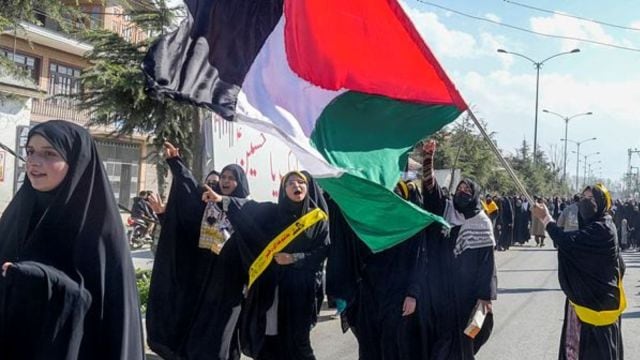ON 7 JULY 1939, Keshav Baliram Hedgewar was convalescing in the mansion of a rich colleague at Deolali, on the outskirts of Nasik, when an old associate visited him. This was Gopal Mukund Huddar, also known as Balaji. When Huddar arrived, he was greeted warmly by MN Ghatate, the rich colleague, and ushered into a room. There, Doctorsaheb—as Huddar called Hedgewar—was joking and laughing with some youngsters of the Rashtriya Swayamsevak Sangh. On Huddar’s request, the volunteers left the room.
Huddar had come as an emissary of Subhas Chandra Bose. A few days earlier, having resigned as the Congress president due to differences with MK Gandhi in April 1939 and exploring options to launch his own struggle for India’s independence, Bose had called Huddar to his Bombay home. In the presence of one Mr Shah, he asked Huddar to fix a meeting with Hedgewar. Huddar was not a confidant of Bose but he appeared to be the right man for the job.
While recounting the incident in a 1979 article for the Illustrated Weekly of India, Huddar wrote that Bose knew two contrasting details about him. One was that he had a “very personal and long-standing relationship with Dr Hedgewar.” In the 1920s, when Hedgewar, the Sangh’s co-founder, became its first sarsanghchalak—supreme leader—Huddar was appointed as the first sarkaryavah—general secretary. The second detail was that Huddar had served as a soldier in the leftist International Brigades during the Spanish Civil War in the late 1930s. Although formerly an RSS man and still a well-wisher of Hedgewar, Huddar was now fiercely anti-British and wished to see the Sangh join the freedom struggle…
This story was originally published in caravanmagazine.in. Read the full story here






